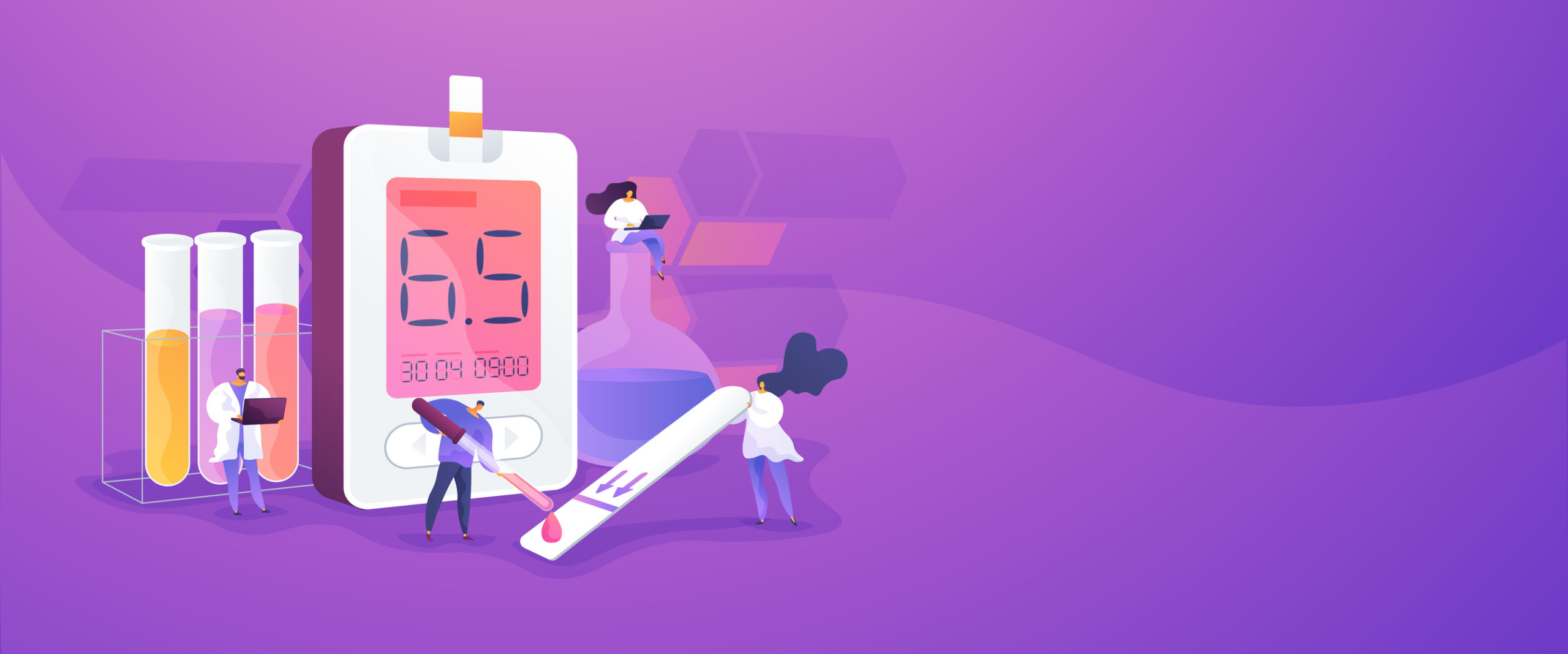The U.S. National Institutes of Health is financing research into how the Coronavirus may cause high blood sugars and diabetes. More research is needed to prove, beyond the increasing evidence, that COVID-19 is triggering diabetes on a large scale.
Dr. Robert Eckel, President of medicine and science at the American Diabetes Association said, “We have more questions than answers right now. We could be dealing with an entirely new form of diabetes.”
Data from the U.S. Centers for Disease Control and Prevention show more than three-quarters of people who died from Covid-19 had at least one preexisting condition. Overall, diabetes was noted as an underlying condition for approximately 4 in 10 patients. Among people younger than 65 who died from the infection, about half had diabetes.
Dr. Francesco Rubino described COVID-19 and diabetes as a a “bidirectional relationship.” He said, “On the one hand, diabetes is associated with an increased risk of severe COVID-19. On the other hand, new-onset diabetes and severe metabolic complications of preexisting diabetes, including diabetic ketoacidosis and hyperosmolarity for which exceptionally high doses of insulin are warranted, have been observed in patients with COVID-19.”
In the last few decades, scientists have discovered that the gut is not the passive digestive organ once thought. It actually is a major endocrine player—responsible for producing hormone signals that talk to the pancreas, telling it to make more insulin, and to the brain, ordering it to make its owner stop eating. If the coronavirus is messing with these signals, that could provide a biological basis for why Covid-19 would be associated with different forms of diabetes, including hybrid and previously unknown manifestations of the disease.
To help address these issues, an international group of leading diabetes researchers participating in the CoviDIAB Project have established a global registry of patients with Covid-19–related diabetes. The goal of the registry is to establish the extent and phenotype of new-onset diabetes that is defined by hyperglycemia, confirmed Covid-19, a negative history of diabetes, and a history of a normal glycated hemoglobin level.
The American Diabetes Association recommends people with diabetes pay attention for potential COVID-19 symptoms and if they have these symptoms they should call their Doctor.
When calling your Doctor:
- Have your glucose reading available
- Have your ketone reading available
- Keep track of your fluid consumption (you can use a 1-liter water bottle) and report
- Be clear on your symptoms (for example: are you nauseated? Just a stuffy nose?)
- Ask your questions on how to manage your diabetes
Though the current data does not prove a direct link, the researchers believe that the significant rise in cases during the pandemic suggests that there is a possible link. They recommend further research and analysis to establish a definitive link between COVID-19 and diabetes.


